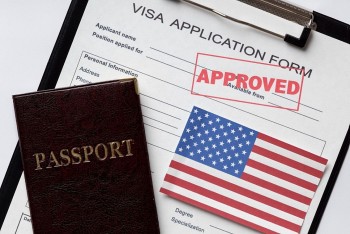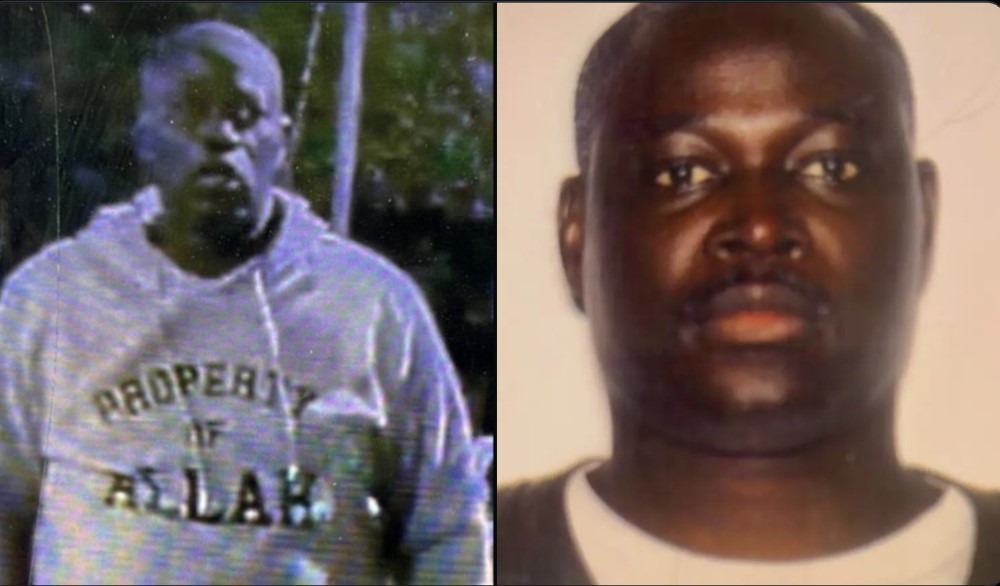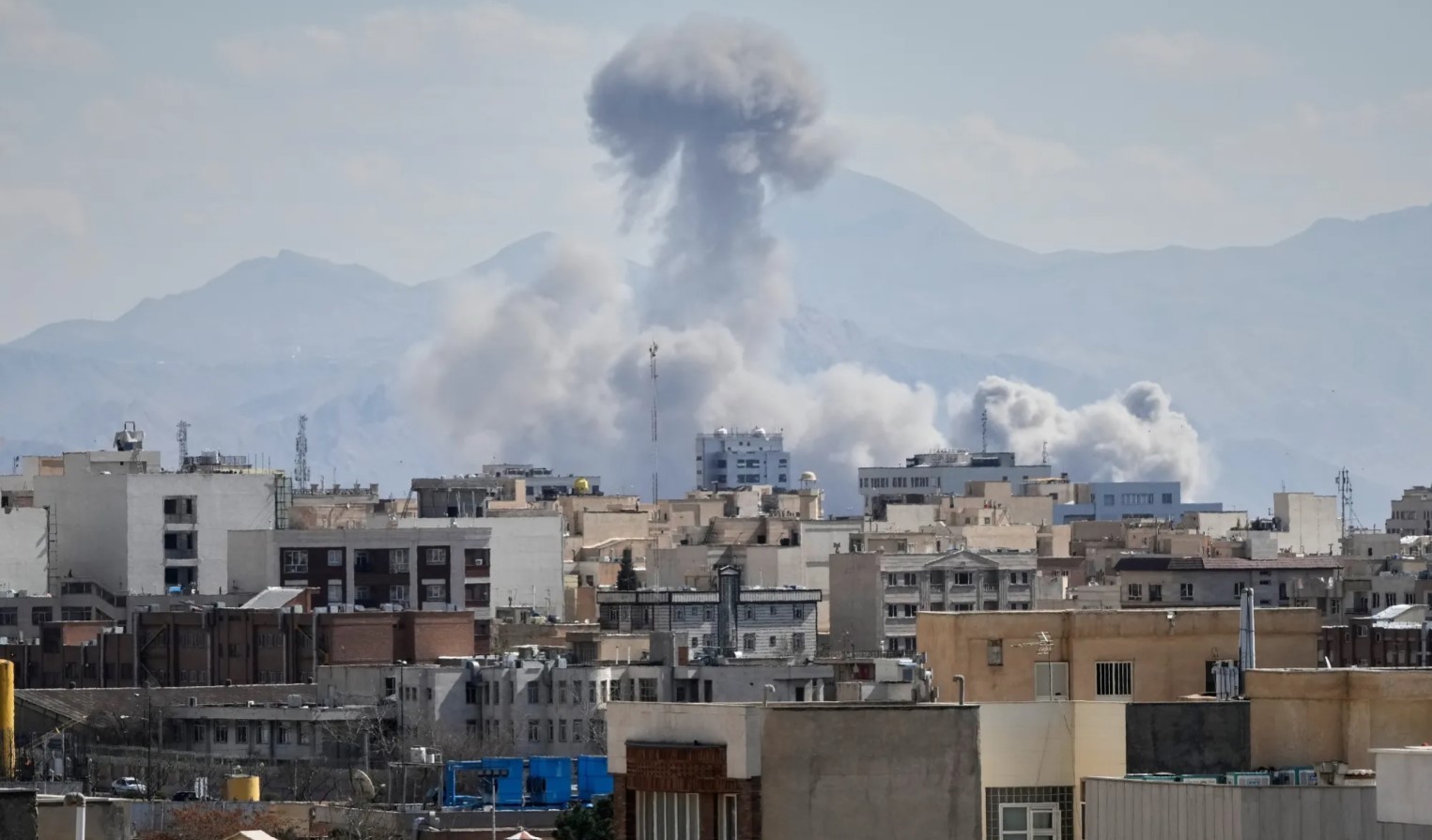Fact Check: New U.S. Policy on Terminating International Students’ Legal Status
 |
| The U.S. government has begun shedding new light on a crackdown on international students |
With minimal explanation, many students had their visa records removed from official databases, jeopardizing their legal status and academic future. Here's the full breakdown of what happened, what’s changing, and what international students need to know now.
What Happened? — A Sudden Crackdown
In recent weeks, thousands of international students received sudden notifications—or none at all—that their F-1 visa status had been terminated in SEVIS (Student and Exchange Visitor Information System), the official federal database managed by U.S. Immigration and Customs Enforcement (ICE).
Many students were unaware they had done anything wrong. Others cited minor infractions, such as dismissed traffic charges, and yet found themselves at risk of deportation.
 What Is the F-1 Visa That the U.S. Has Revoked for International Students? What Is the F-1 Visa That the U.S. Has Revoked for International Students? |
Why Were Students Targeted?
The Department of Homeland Security (DHS) admitted it had cross-referenced the names of student visa holders against the FBI’s National Crime Information Center (NCIC) database—a system that includes arrest records, suspect data, and even individuals cleared of charges.
According to court documents, over 6,400 students were flagged during the search. Of those, 734 were placed on a list for immediate termination from SEVIS.
A Homeland Security official reportedly ordered the termination with a single line:
"Please terminate all in SEVIS."
There was no evidence of individual case reviews before students were flagged or removed.
Legal Fallout and Court Responses
The policy triggered multiple lawsuits from affected students. One case, Akshar Patel v. DHS, revealed Patel’s visa status had been terminated due to a dismissed reckless driving charge from 2018.
Judge Ana Reyes of the U.S. District Court criticized the government's handling of the situation, calling it an “utter lack of concern” for individuals who had legally entered and remained in the country.
In response to court pressure, the government temporarily restored some students' legal status and issued a new policy document outlining expanded grounds for future terminations.
The New 2025 Policy — What’s Changed?
Key changes include:
-
Visa revocation is now a valid reason to terminate legal status in SEVIS. Previously, revocation alone did not invalidate a student’s presence.
-
DHS now treats NCIC flags as red flags warranting investigation, even if no charges are filed.
-
Colleges were not consulted before terminations occurred—a major departure from previous policy.
-
Students are not necessarily notified before losing legal status.
Immigration attorney Brad Banias said,
“This gives the government carte blanche to revoke visas and deport students—even if they’ve done nothing wrong.”
Impact on International Students and Colleges
The consequences were immediate:
-
Some students stopped attending classes or quit their jobs, fearing ICE raids.
-
Others left the U.S. altogether to avoid deportation.
-
Colleges scrambled to understand what happened, often without guidance from the federal government.
University officials criticized the government for bypassing long-standing protocols that required institutions to confirm when students had actually stopped studying.
Current Status: What Should Students Do Now?
As of late April 2025, the U.S. government has paused further terminations and is reviewing the policy.
However, students are advised to:
Contact their Designated School Official (DSO) immediately to verify SEVIS status.
Consult an immigration attorney if they received any communication from ICE or DHS.
Avoid international travel until their legal status is confirmed.
Request written proof of reinstatement if status was restored.
Frequently Asked Questions (FAQs)
Is my visa still valid if my SEVIS record was terminated?
If your SEVIS record was terminated, your F-1 status may be considered invalid—even if your visa stamp looks fine. Contact your DSO and consult an attorney immediately.
Can I be deported for a dismissed or minor legal issue?
Under the new policy, yes. The DHS may use NCIC database flags—including dismissed or non-criminal incidents—as justification for status termination.
What if I’m not notified about changes to my legal status?
Unfortunately, some students learned of the termination only after colleges or employers flagged the issue. Stay proactive—monitor your SEVIS record and check with your DSO regularly.
What happens if my visa was revoked while I was inside the U.S.?
Previously, visa revocation only affected re-entry to the U.S. The 2025 policy now allows DHS to treat revocation as a reason to terminate your legal status, even if you’re still in the country legally.
What legal protections do I have?
You can challenge terminations in federal court. Many students, like Akshar Patel, have successfully had their status reinstated via legal action.
Final Thoughts
The new ICE policy reveals how volatile the immigration landscape can be—even for law-abiding international students. Students must stay informed, remain in contact with school officials, and seek legal support where necessary.
 Trump’s New Travel Ban: Full List of 43 Restricted Countries and What It Means for You Trump’s New Travel Ban: Full List of 43 Restricted Countries and What It Means for You U.S. President Donald Trump is planning a sweeping travel ban affecting citizens from 43 countries. The restrictions, categorized into three tiers, could bar millions from ... |
 Visa-Free Travel to the U.S. in 2025: Complete List of 43 Eligible Countries Visa-Free Travel to the U.S. in 2025: Complete List of 43 Eligible Countries The U.S. Department of State has released the 2025 update for the Visa Waiver Program (VWP), featuring an updated list of qualifying countries and revised ... |
 Is the $5 Million Gold Card Worth It? Unpacking America's Most Expensive Visa Program Is the $5 Million Gold Card Worth It? Unpacking America's Most Expensive Visa Program President Donald Trump announced a new immigration initiative called the "Gold Card," aimed at attracting ultra-wealthy foreigners by offering permanent U.S. residency in exchange for ... |
 UK Visa Fees to Rise from April 9, 2025: Full List of Changes and What They Mean UK Visa Fees to Rise from April 9, 2025: Full List of Changes and What They Mean From April 9, 2025, the United Kingdom will officially raise visa fees across a wide range of categories, including visitor, student, transit, work, and citizenship ... |
 What Are the New U.S. Visa Interview Rules in 2025? Don’t Miss These Visa Changes What Are the New U.S. Visa Interview Rules in 2025? Don’t Miss These Visa Changes Planning a trip to the United States after April 2025? You’ll want to pay close attention. |























